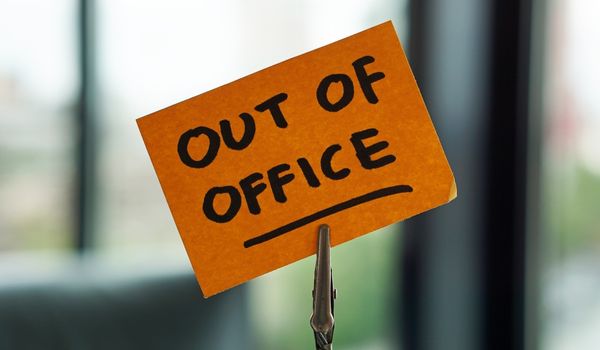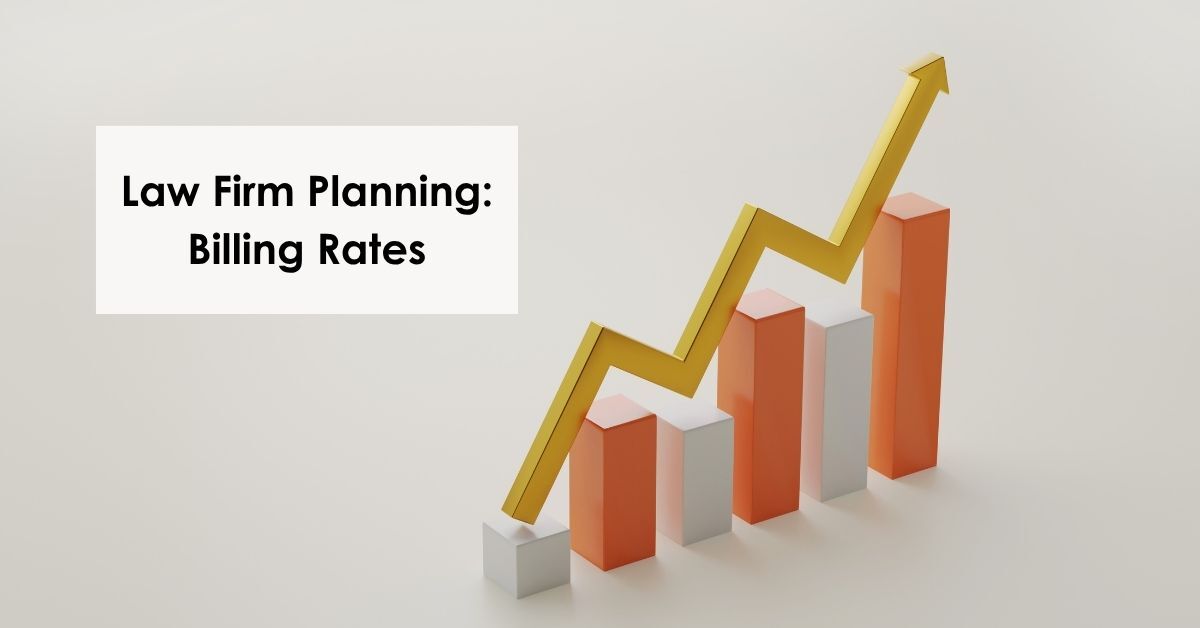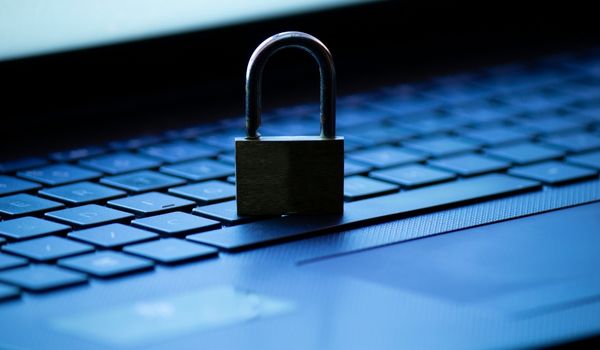Where are the lawyers?
Buzzfeed recently published an article, 'A Record Number of People Are Representing Themselves in Court - This Is What It's Like'. The article detailed some pretty harrowing experiences seen in UK courtrooms. Over four years after the UK overhauled their legal aid system, citizens face defending themselves. Many of these citizens don't have a higher eduction nor access to the resources needed to educate themselves on legal proceedings. It's a great article that is certainly worth the read. But that led me to the question of 'Where are the lawyers?'
Although attorneys are appointed for those who cannot afford them for criminal cases in the US, accessing the law should be easy for every case. Certainly there is the financial arrangement that can limit availability to some of the least fortunate. But when true need exists, as in the recent disasters in Florida, Puerto Rico, California, and more, the question of 'where are the lawyers' was not asked. Attorneys stepped up to help out. No, they didn't charge anything to the people they helped. Yes they make a difference. And to the people they helped? They have actually improved their lives overall.
But what happens where there are no disasters? What happens when someone simply needs representation in an eviction or repossession? They don't have the money to pay for the home or other item they have through loans. How will they pay for legal representation. So what can they do? Where are the lawyers then? Although our systems differ, in this regard, they are similar.
There are many bar associations that connect attorneys with those in need. There is even a new software offering that connects attorneys offering pro bono work to those in need in a more efficient way. But making law more accessible to every person will have the biggest impact. In the end its people who want to help. People who entered the legal profession with the goal of helping people. They change lives. It could be for 1 day or forever.
In the end, it's about making the law more accessible to the everyday person.


